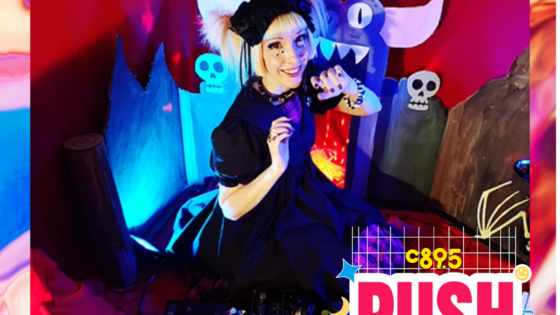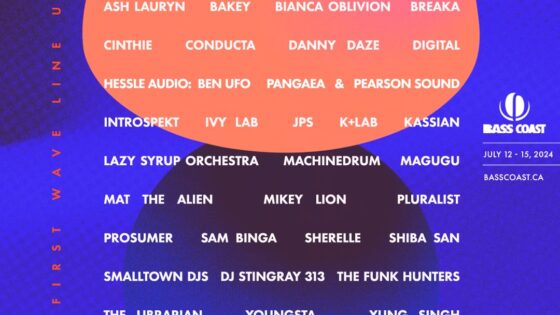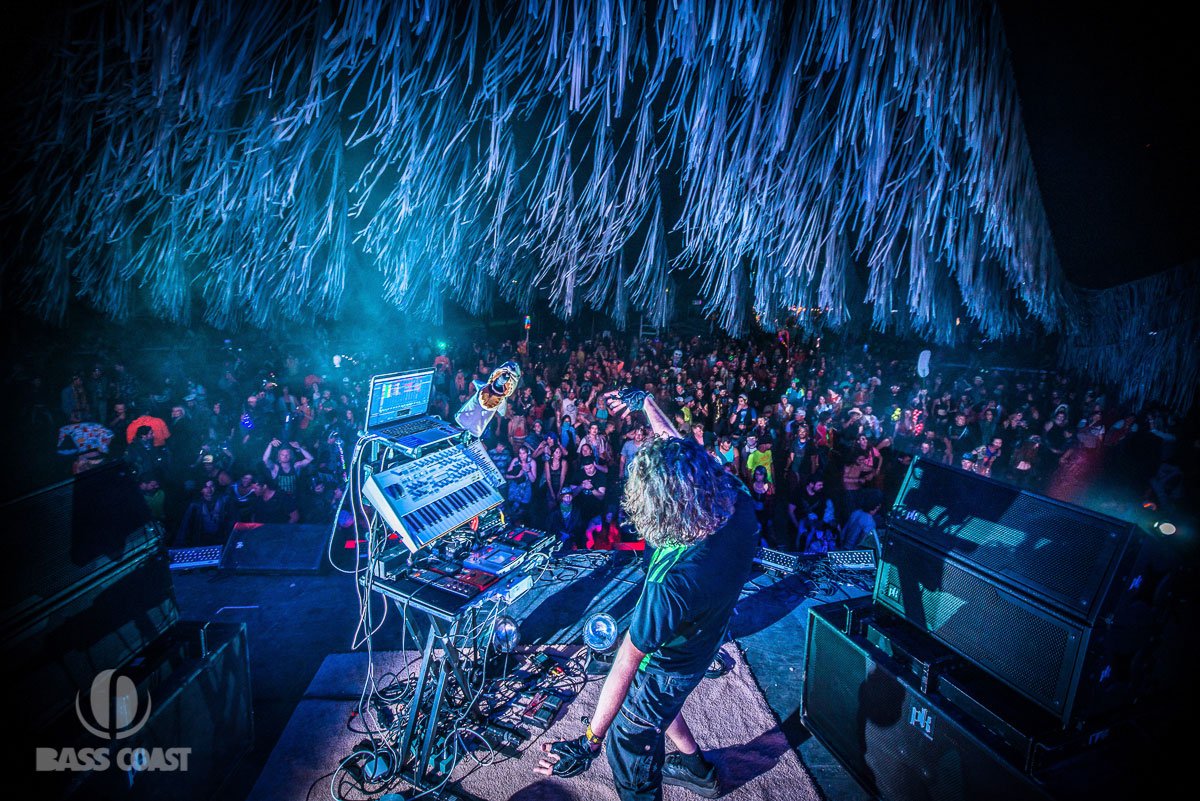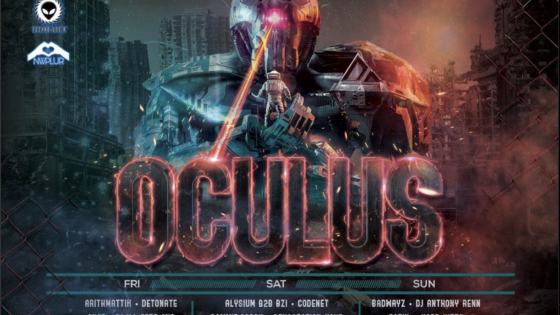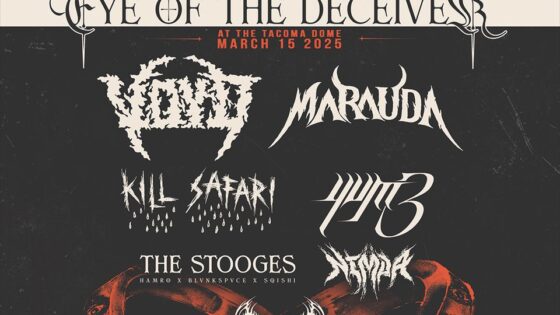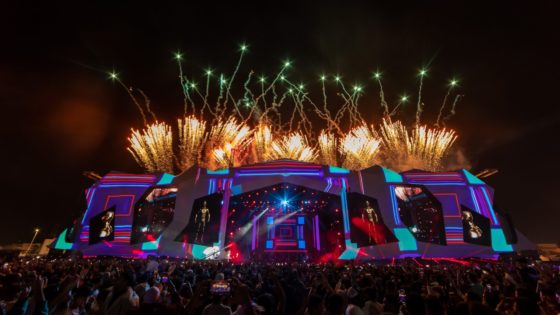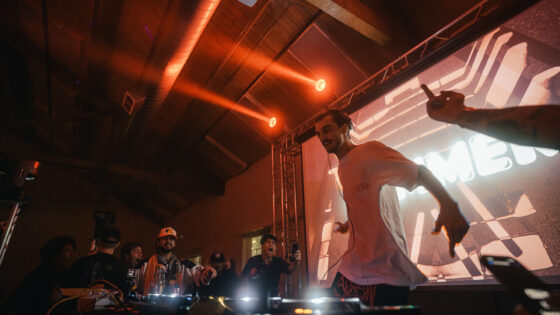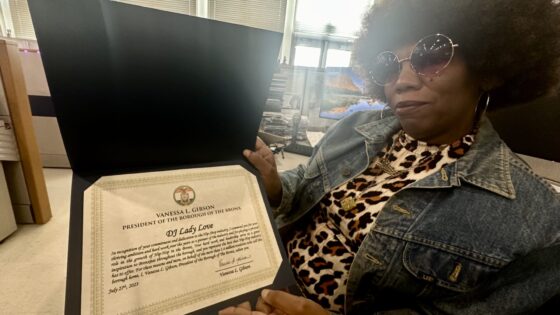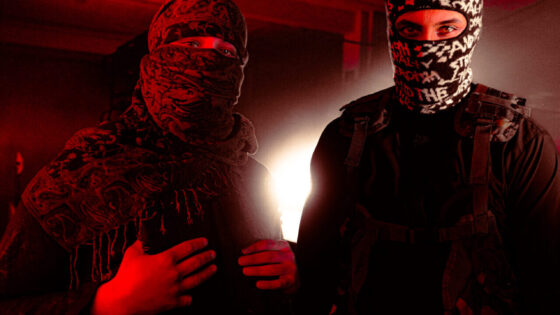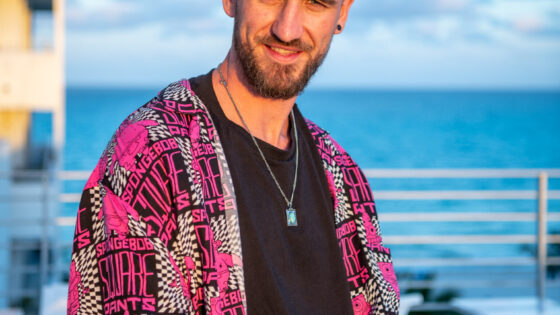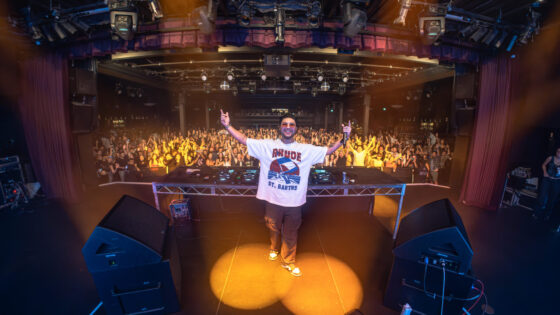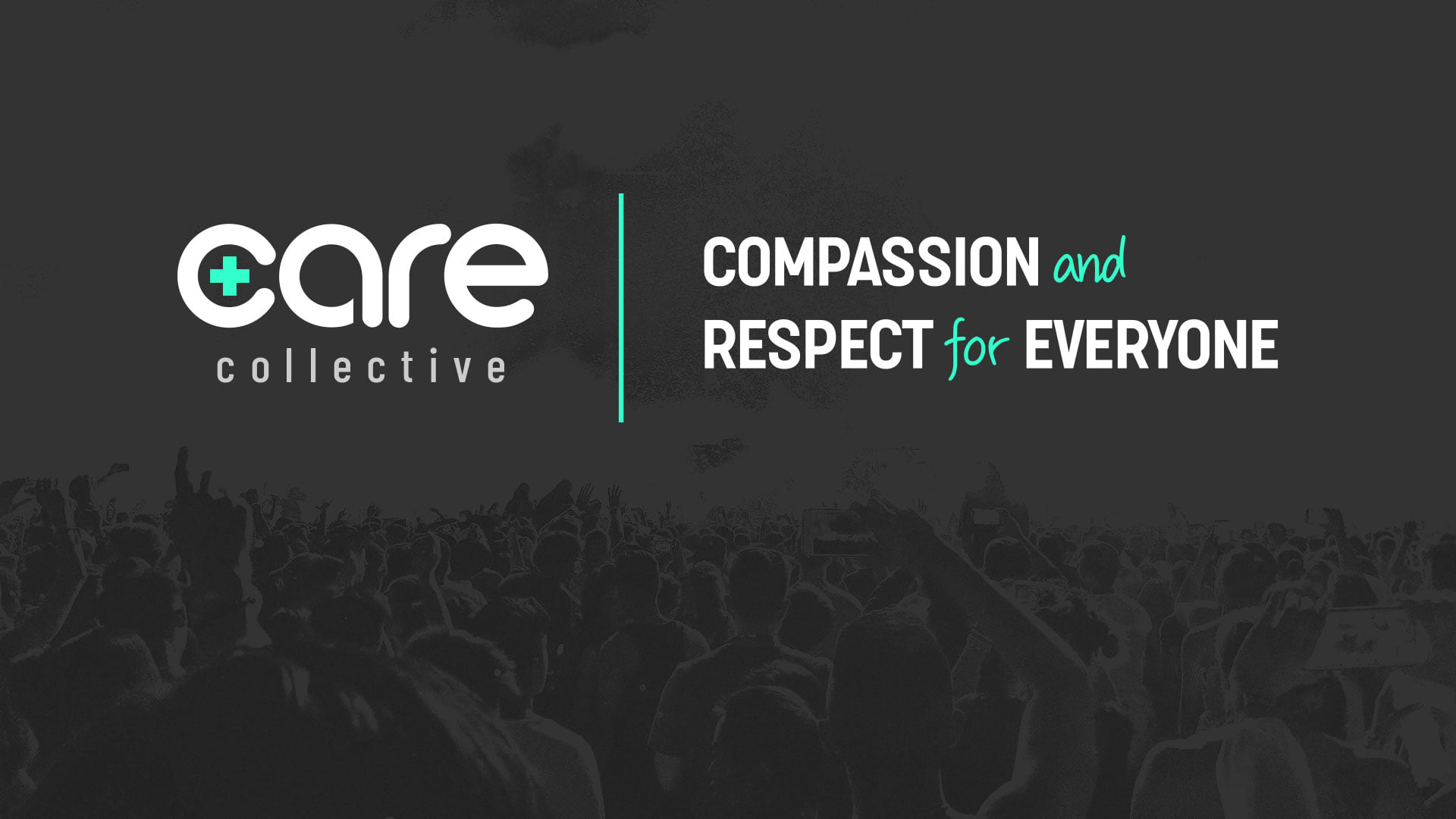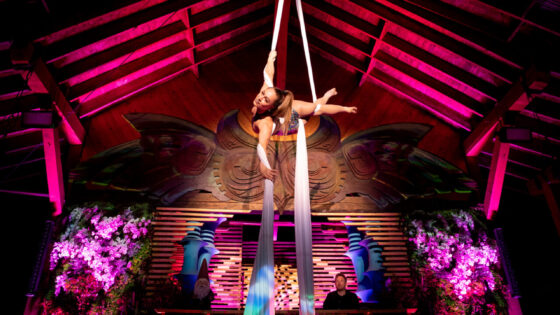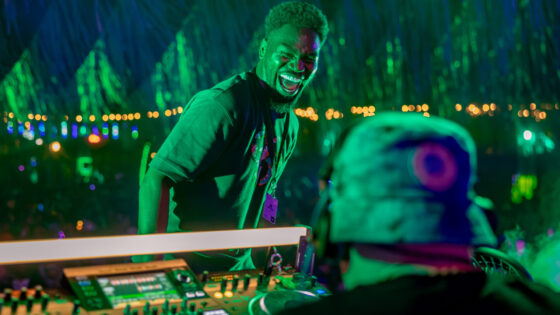As live events continue returning to the Pacific Northwest, it’s more important than ever to have an additional layer of support and safety. This is where harm reduction groups like Care Collective are stepping up to help.
Care Collective re-organizes independently from USC Events’ Conscious Crew
Care Collective is a regional independent harm reduction organization that recently began offering services at dance music events. Although this may be their first venture under the Care brand, you may recognize their USC Events predecessor, Conscious Crew.
After the dissolution of USC Events in early 2020, Conscious Crew was left with no formal program sponsor (or funding). Nonetheless, founder Luke Spranger and a group of volunteers still recognized the immediate need for their services. Now a completely independent entity with a wide range of trained volunteers, Care Collective has picked up where Conscious Crew left off, with the hope of sparking widespread change across the region.
Care Collective focuses on hands-on assistance at local events
Care Collective may be undergoing a complete legal and structural flip, but it remains centered around direct patron assistance and harm reduction.
“In our eyes, the Pacific Northwest EDM community is our friends and family. As such, we are effective at establishing and maintaining an open and honest dialogue with patrons concerning their substance use or emotional state. We can do this more than security, medical, or law enforcement,” Spranger explains. “The unfortunate truth is that people in need of help are often hesitant to seek it from authority figures, especially if they’re worried about facing legal consequences.”
Although Oregon and Washington both have legal protections for individuals needing emergency medical services for overdoses on illegal substances, many still resist help. This could be due to perceived financial, legal, or even social consequences. There’s also a wide gap between the people who require hospitalization and people who cannot care for themselves during a substance-related experience.
“One of the most important services we provide is a safe room, which is a medically-supervised space where we can look after overly-intoxicated individuals. But a lot of people don’t realize how important this can be. Medical and security do not have the bandwidth or desire to ‘babysit’ attendees, and transferring an individual to a hospital until they sober up puts unnecessary strain on local emergency services,” Spranger points out.
Funding is critical to Care Collective’s future
While Care Collective keeps their mission and community commitment front and center, financial pressures frame the periphery. Spranger explained that their six-figure annual funding disappeared overnight post-USC. That left their three person Board of Directors to cover Care Collective’s startup costs out of pocket while simultaneously holding full-time jobs and providing for their families.
“Perhaps even more challenging has been figuring out how to run a nonprofit organization,” Spranger describes. “We may be experts at what we do, but we are essentially novices when it comes to running a business and we are currently doing it on incredibly limited bandwidth.”
Despite their financial struggle so far, Spranger is optimistic help could be closer than it appears.
“We want the community to realize is that this program was always essentially funded by them. The funding we received ultimately came from tickets bought. What’s changing now is that we need people to fund us directly now that we’re independent. We have been serving the community since 2013 and now it’s our turn to ask that same community to show up for us financially.”
Now operating as a formal independent nonprofit organization, the future of Care Collective directly depends on the community’s support.
Support Care Collective at events across the PNW
Beyond grassroots crowdfunding, Care Collective also stands to gain a lot from what they do best: making their presence known at events. By contracting with venues and promoters, both revenue from events and word-of-mouth from supporters can do a lot to ensure Care Collective’s stability.
The reality is that building a client list takes resources as well, which is where Spranger urges the community to ask promoters and venues to partner with Care Collective.
So far, Care Collective has worked at a couple of events in the greater Seattle area. Earlier this summer, the crew was at Fresh Pressed, a two-day house music festival hosted by White Rabbit Group. Disco Donnie Presents also brought them out for Diplo’s Higher Ground event. They also just announced they’ll be working SLANDER’s upcoming show at the Tacoma Dome on October 15.
Care Collective is an invaluable asset to the PNW’s EDM scene
As the COVID-19 pandemic continues to force everyone to broadly rethink what safe events should look like, it’s a great time to revisit how live music should incorporate harm reduction into their infrastructure. Safe live music events begin where patrons have access to needed supports, and Care Collective is looking to fill that gap.
Spranger reinforces that sentiment.
“We really believe in the program and we know how important these services are to the community — it does make a difference,” he stresses. “Yes, from the outside looking in a lot of it is hugs, high fives, and handing out water and earplugs. But behind the scenes, the work we do helps people in their moment of personal crisis and can be the difference between life or death for some.”
We can all support our community by supporting organizations like Care Collective. You can learn more about the organization on their Facebook page and at upcoming shows in the PNW. If you’re able to, consider making a donation as well.
Important things happen in Pacific Northwest nightlife, and DMNW will send you alerts!




